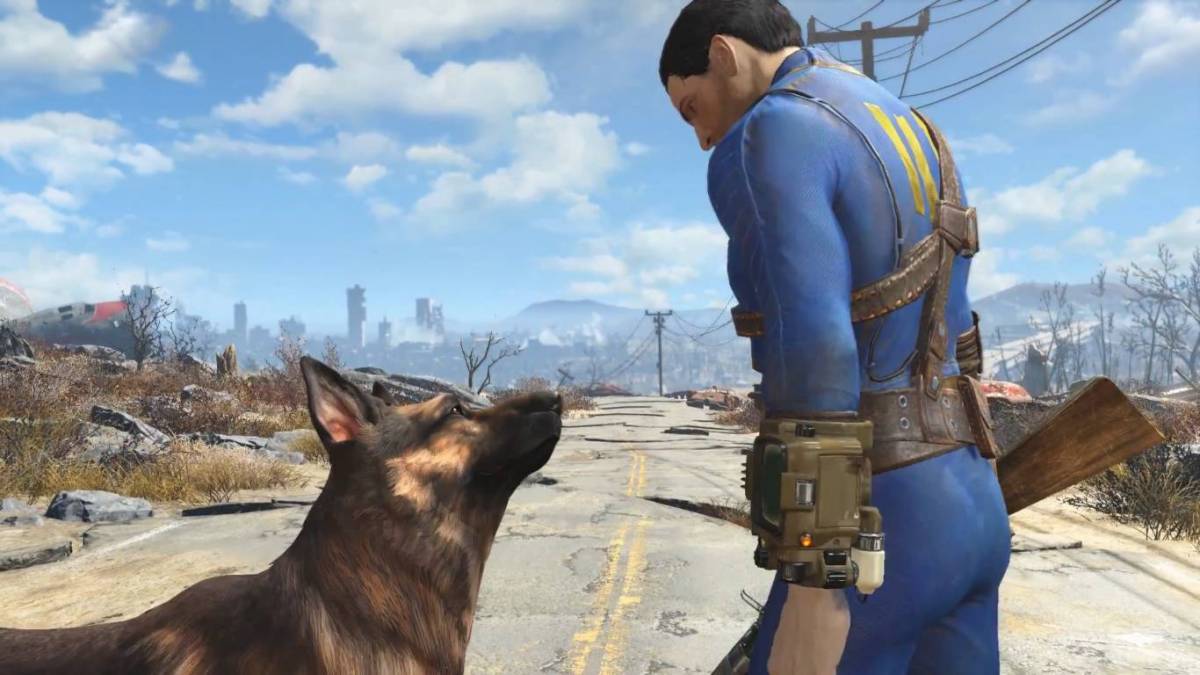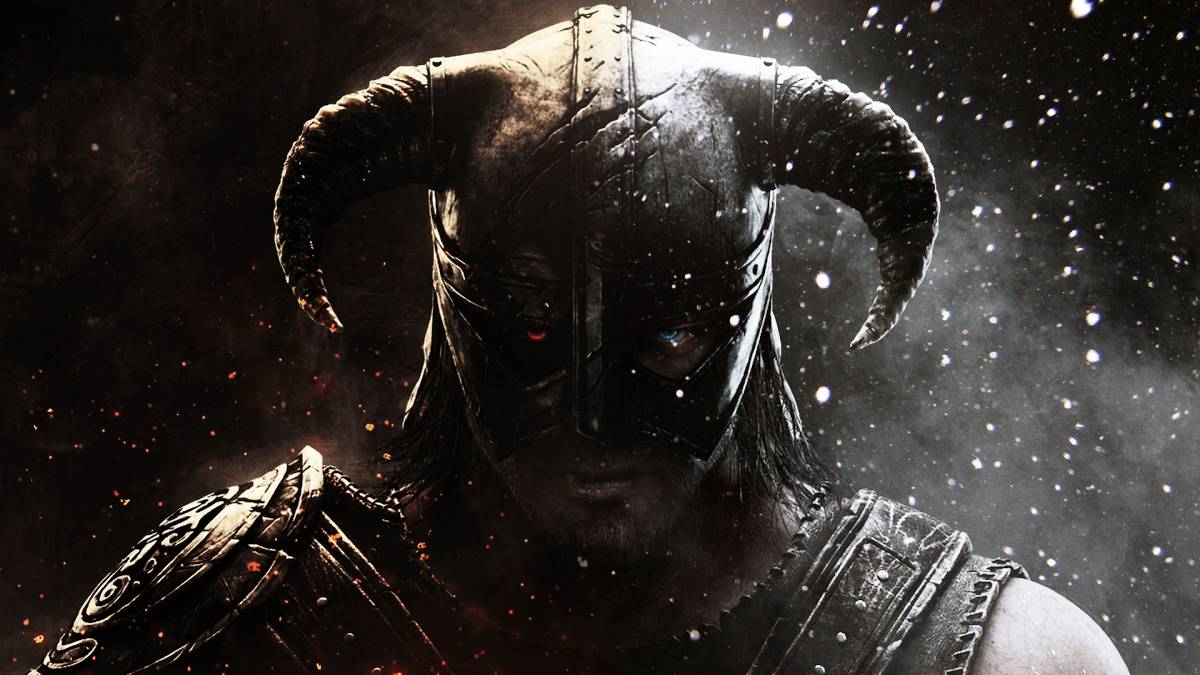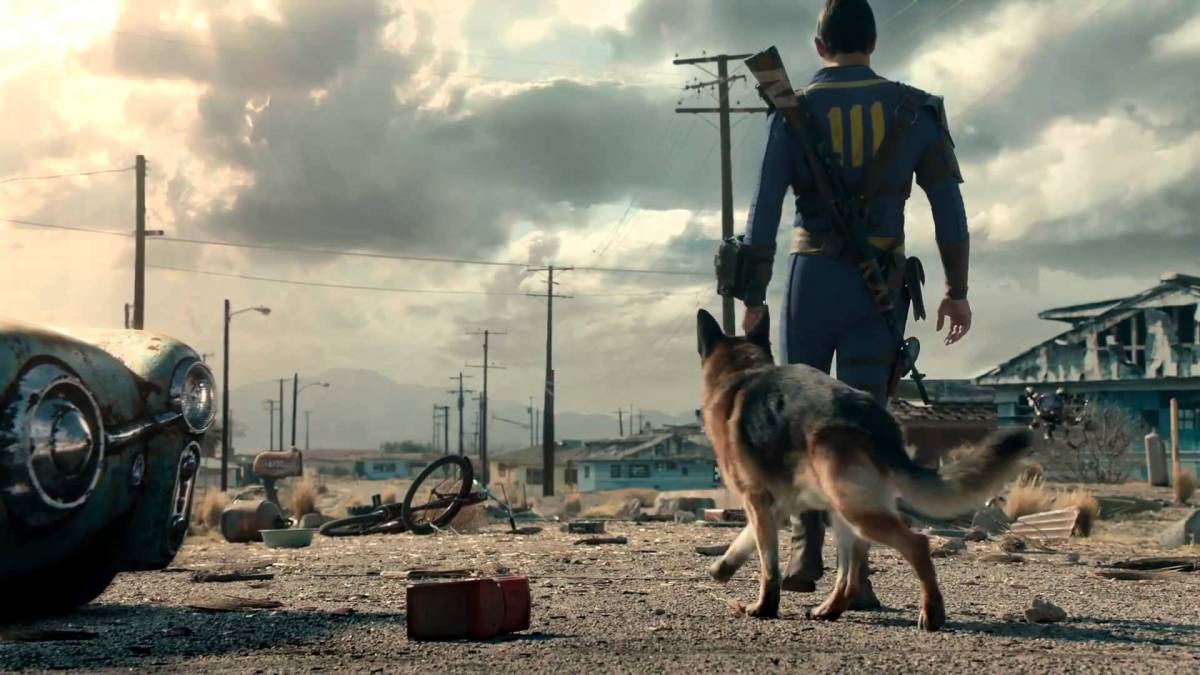Hardcore players of RPGs, be they tabletop, live-action, or video games, are a peculiar lot when compared to fans of other genres or their more mainstream variants. Where a fan of platformers or shooters may want to be demigods on the battlefield, a role player may actively handicap their characters to make their actions more realistic. When a game with a silent protagonist produces a fully voiced sequel, serious role players will chafe at the new voice, viewing it as an infringement on their vision for the character. Role players appreciate great plots like the next man, but they also appreciate space to fill in blanks in the plot with their own plot lines and backstories.
Several games, from full RPGs like Skyrim to pseudo RPGs like Borderlands, have provided several side quests and exploration opportunities that give gamers so much content, that the role players among us can actively abandon completionist gaming to accommodate the quirks that they have given to their characters. “Claudius is a noble paladin who would never join a guild of thieves.” “Maria hates sunlight and would never take quests in the daytime.” To the non-roleplayer, such fantasizing can be seen as at best, doing too much, and at worst, signs of being delusional, but however one chooses to see it, the fact remains that roleplayers can be very minimalist about several elements of gaming. So minimalist, in fact, that the main quests can actually be seen as a detriment.
Main quest lines are present in nearly every major game ever released. In Skyrim, it was becoming the Dragonborn and stopping Alduin. In Fallout: New Vegas, it was finding the guy that shot you. In Kingdoms of Amalur: Reckoning, it was regaining your memories after being brought back from the dead. Every one of those games and several more contained several side quests and faction quests that could be engaged in almost immediately after the introductory training quest (Helgen, Goodsprings, and The Well of Souls, respectively) and hours upon hours of satisfying gameplay could be enjoyed without ever advancing the main plot along. Could it be possible then, that a game could be enjoyable if players were just able to create a character with no ready made backstory in a given setting, and then just set them loose to join factions, build relationships, and get their adventure on without any set questline being presented as the priority quest line? Current evidence says yes.

When Fallout 4 was released, it received high praise in most gaming publications, and for good reason. The combat system had been improved, the graphics were beautiful, the settlement building system was novel, the factions were interesting, and exploration opportunities were far more plentiful than in its predecessor, Fallout: New Vegas – Many called it a candidate for game of the year. Why then, were many long-time fans of the Fallout series actually disappointed with such a celebrated game? Because the opportunities for roleplay had been severely stunted.
The main quest line was that the player, either a soldier father or a lawyer mother had their spouse killed and son kidnapped, and you’re off to find them in the wasteland. The main storyline already gives the player a heavy back story and a pressing, urgent objective: finding your baby. Sure, the storyline could be ignored or played around, but the fact they were there didn’t leave much of a blank slate to build around. Other factors also hurt the roleplay factor of the game, but the point is that the main quest line actually hurt the game in a way. If Fallout 4 had instead been about a lone survivor emerging from Vault 111, with no previous stated history and no set objective for afterwards, the game would not have been affected in any serious way. The character could’ve traveled in any set direction and gotten into the same amount of trouble and trial with only minor changes to NPC actions. What if Skyrim’s hero didn’t have to follow a set amount of the storyline to gain access to shouts? What if that same hero didn’t have to become Dragonborn to finish the Civil War storyline? A few minor changes in focus, and your “main quest” could be less about dragons, and more about drug running in Whiterun.
Many PC gamers are so dedicated to their roleplay and preferred gaming choices that they resort to “modding”, or altering the game itself add or remove certain aspects of the game. Those mods often are used to sidestep certain restrictions placed by the main story, such as having to start a game in a certain place or to have access to abilities locked until a certain part of the game, not for an unfair advantage, but to serve their self made character arcs. I’m not saying this is for everyone, though. Some people would be turned off by a lack of a main quest for very valid reasons, and before releasing games with no primary plot, those reasons must be examined.

Removing the main plot is in no way saying that no stories whatsoever should be placed in game, condemning the plotless protagonist to just walk around randomly fighting, taking radiant quests, and saving endless settlements. Even roleplayers who make up their own plots need a game that encourages those plots. The point is not to eliminate stories and quests altogether, or even at all, but to eliminate installing a story line as the default one. All that’s needed is a open world with rich lore and a vast environment, and for a roleplayer, the rest takes care of itself.
Some roleplaying games, such as the Final Fantasies or the Kingdom Hearts games, have such a strong main story line, that to remove it would severely lower the quality of the games themselves. The games may have powerful lore, beautiful settings, and interesting NPCs, but the main story makes up a huge part of the game’s very identity, and without it, it wouldn’t be the same game.
No one can say that all games could survive without a main plot, simply saying that a main plot is not necessary to have a great game. No one is saying that every gamer would or could adjust to playing a game where the player comes up with the “plot” but that some gamers already do adjust to following their own plans for the game. This could even affect the way games are marketed and created, the things that developers focus on, the thought process of the writers themselves. The strong case for developing RPGs with no main plot makes them a near inevitability.
Roleplayers of video games are a different type of gamer than everyone else. They use their video games as a way to not only escape from the stresses of life, but to create a new life. A life not free of restrictions, just forced destinies. A mercenary, a freedom fighter, a womanizer, a champion, all of these characters, going in any direction the player chooses, partaking in any quest that fits that characters goals, and ignoring quests that violate their values and alliances. Not every gamer would embrace all of that, but not every game is for everyone; certainly some of the people who bought The Witcher 3 passed on buying the new NBA 2k game. But for the niche of gamers who enjoy to embrace a new role every time they pick up their controllers, a main quest just gets in the way.
Some of the coverage you find on Cultured Vultures contains affiliate links, which provide us with small commissions based on purchases made from visiting our site.

